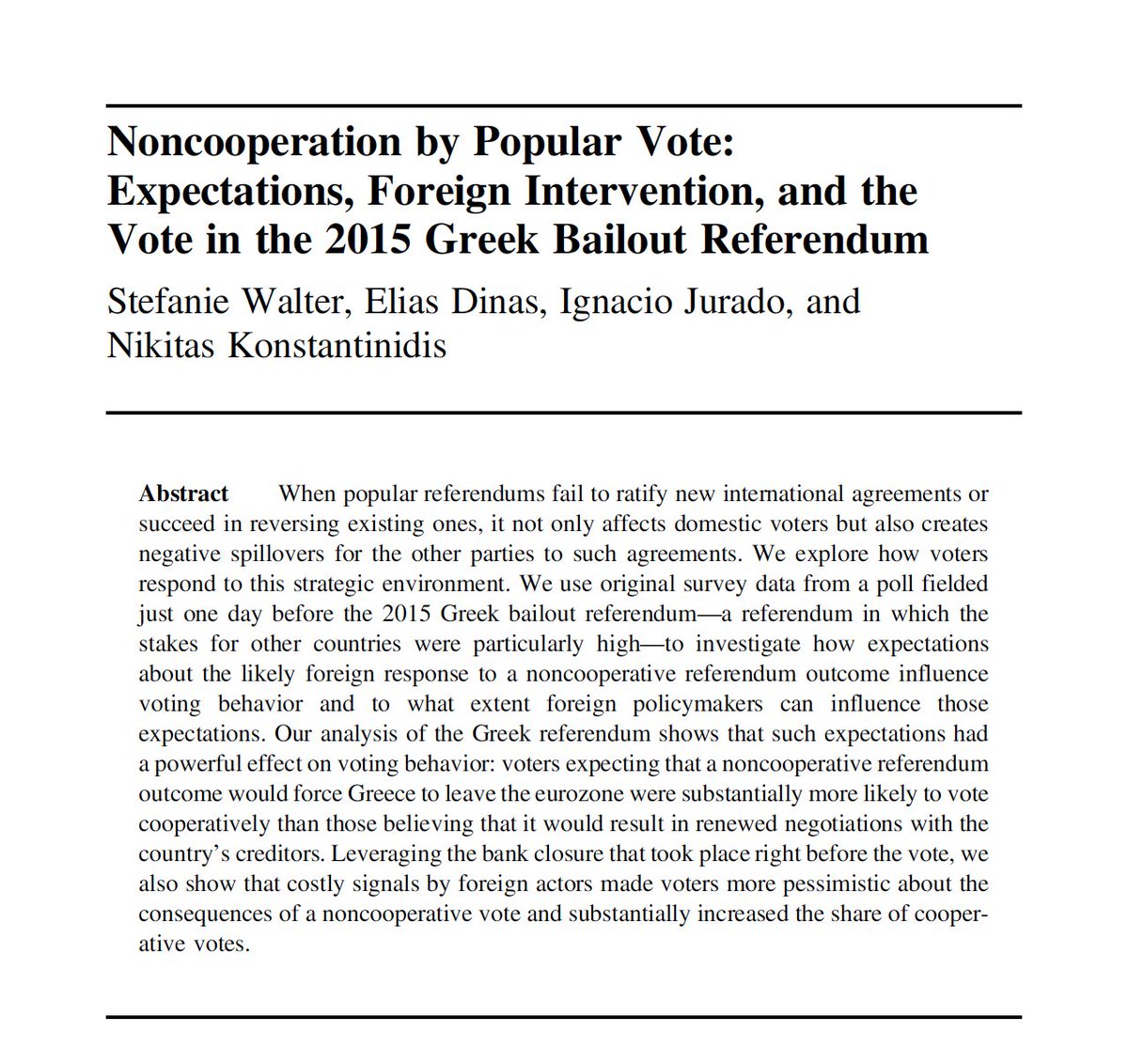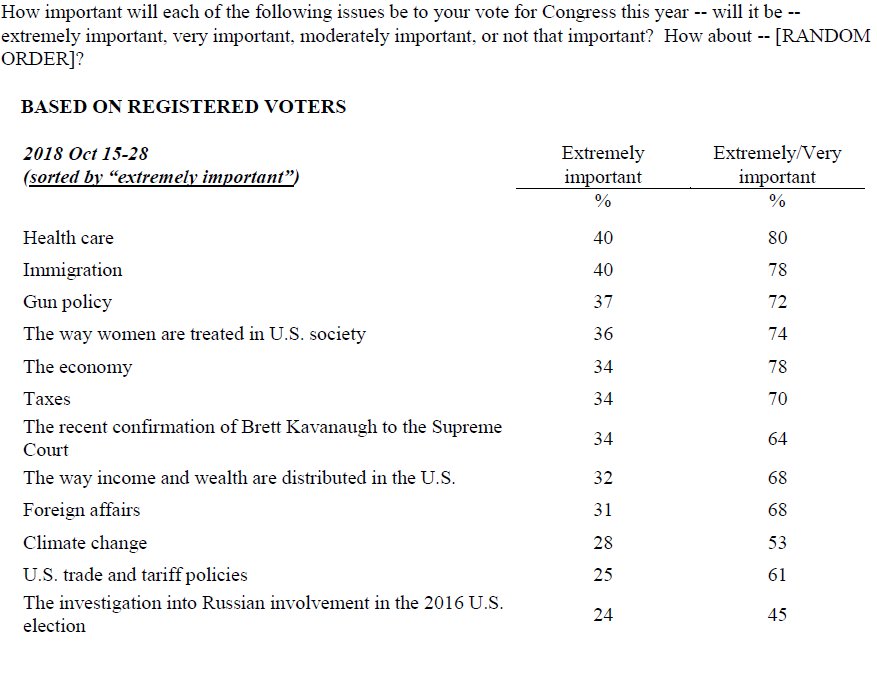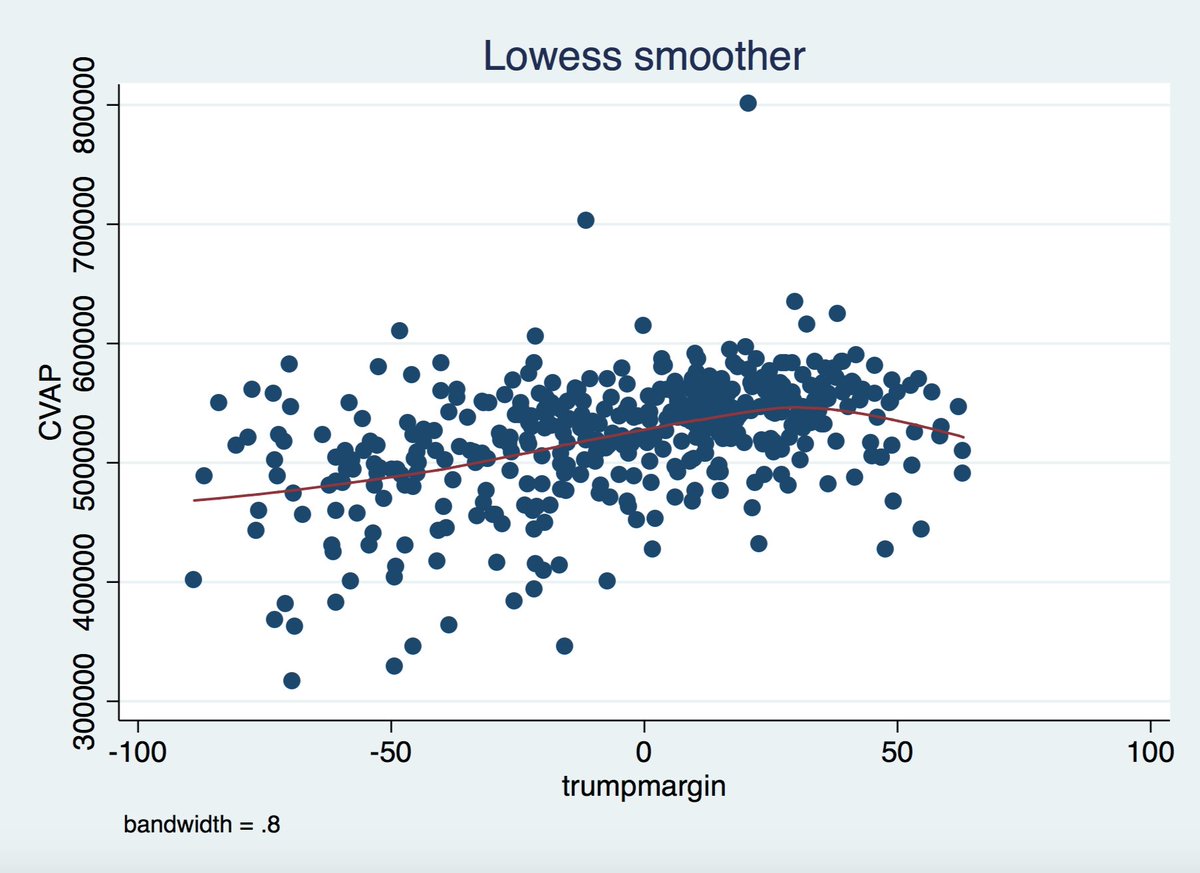cambridge.org/core/journals/…
Here’s what it is about (Thread):

a) How do voters’ expectations about foreign reactions to a noncooperative referendum outcome shape their vote intentions?
b) To what extent can foreign policymakers influence those expectations?















